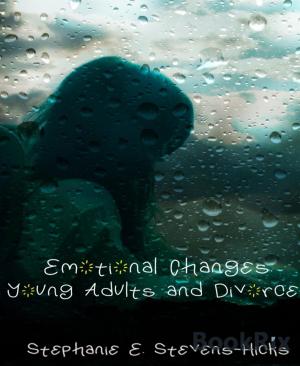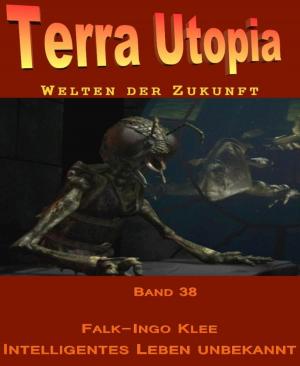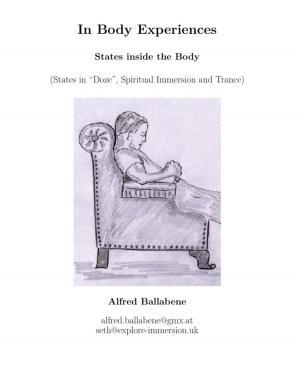Benefits of Fasting From Islamic Perspective
Nonfiction, Health & Well Being, Health, Religion & Spirituality| Author: | Muham Sakura Dragon | ISBN: | 9783739638119 |
| Publisher: | BookRix | Publication: | February 15, 2018 |
| Imprint: | Language: | English |
| Author: | Muham Sakura Dragon |
| ISBN: | 9783739638119 |
| Publisher: | BookRix |
| Publication: | February 15, 2018 |
| Imprint: | |
| Language: | English |
Most of us who are fighting the battle of the bulge have experimented with some form of fasting, like an all fruit fast, a water fast or an sugar-free fast, you name it. But what many may find rather strange and intriguing is a whole nation of people; be it man or woman, old or young, rich or poor; going completely without food and drink from dawn to dusk for a whole month - Ramadan. What is the significance of Ramadan beyond shortened work hours? Is it not a very harsh practice? Is it merely a time when Muslims sleep and fast and hardly work all day; and eat, drink, enjoy and stay awake all night? What really is the spirit of Ramadan?
In English "fasting" means to abstain from food or from certain kinds of food voluntarily, as an observance of a holy day or as a token of grief, sorrow, or repentance. This practice can be found in most of the major religions of the world. For example, in Hinduism, fasting in Sanskrit is called upavaasa. Devout Hindus observe fasting on special occasions as a mark of respect to their personal gods or as a part of their penance. Most devout Indians fast regularly or on special occasions like festivals.
On such days they do not eat at all, eat once or make do with fruits or a special diet of simple food. For Jews, the day Yom Kippur ("Day of Atonement") is the last of the Ten Days of Repentance observed on the 10th of Tishri. It is forbidden on that day to eat, drink, wash, wear leather, or have sexual relations. In addition, prohibitions on labor similar to those on the Sabbath are in force. It should also be noted that Moses (peace be upon him) is recorded in the Torah to have fasted.
"And he was there with the Lord 40 days and 40 nights, he neither ate bread not drank water." (Exodus 34:28)
Most of us who are fighting the battle of the bulge have experimented with some form of fasting, like an all fruit fast, a water fast or an sugar-free fast, you name it. But what many may find rather strange and intriguing is a whole nation of people; be it man or woman, old or young, rich or poor; going completely without food and drink from dawn to dusk for a whole month - Ramadan. What is the significance of Ramadan beyond shortened work hours? Is it not a very harsh practice? Is it merely a time when Muslims sleep and fast and hardly work all day; and eat, drink, enjoy and stay awake all night? What really is the spirit of Ramadan?
In English "fasting" means to abstain from food or from certain kinds of food voluntarily, as an observance of a holy day or as a token of grief, sorrow, or repentance. This practice can be found in most of the major religions of the world. For example, in Hinduism, fasting in Sanskrit is called upavaasa. Devout Hindus observe fasting on special occasions as a mark of respect to their personal gods or as a part of their penance. Most devout Indians fast regularly or on special occasions like festivals.
On such days they do not eat at all, eat once or make do with fruits or a special diet of simple food. For Jews, the day Yom Kippur ("Day of Atonement") is the last of the Ten Days of Repentance observed on the 10th of Tishri. It is forbidden on that day to eat, drink, wash, wear leather, or have sexual relations. In addition, prohibitions on labor similar to those on the Sabbath are in force. It should also be noted that Moses (peace be upon him) is recorded in the Torah to have fasted.
"And he was there with the Lord 40 days and 40 nights, he neither ate bread not drank water." (Exodus 34:28)















